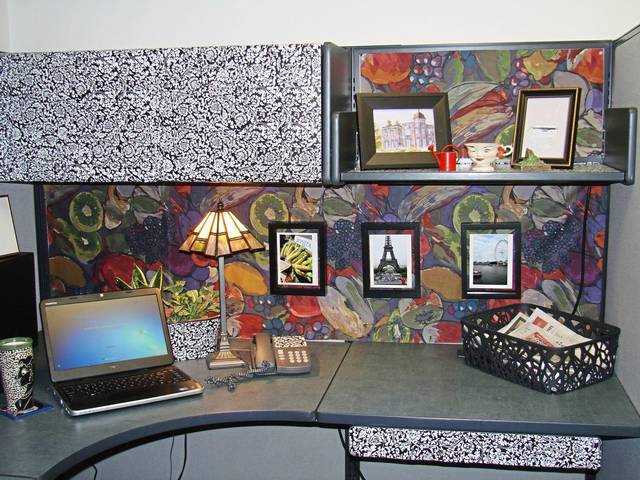As people are advised to stay home and avoid crowds during the coronavirus outbreak, many suddenly find themselves working remotely.
According to Business Insider, 43 percent of Americans work from home at least part time; 20 percent are primarily home-based.
For many, though, telecommuting is a new way of working. Staying on task and remaining productive can be challenging when one’s home also is one’s office.
Debra Dinnocenzo is the founder of Virtual Works! in Wexford, a training and consulting firm specializing in helping employers and staff navigate virtual work places.
“Isolation is certainly an issue,” she says.
”The real message for everyone working remotely or needing to work remotely is that this is not a time to ‘under communicate,’” she says.
Dinnocenzo suggests supervisors go beyond digital ways of keeping in touch and reach out to staffers with “how goes it” types of calls.
“We are losing the human interaction we all love, which is why we all go to offices. What happens when we go virtual is we tend to be much more focused on tasks,” she says.
Workers should, as much as possible, “replicate and simulate” their workplace routines. Video formats including Skype, Zoom and GoTo Meeting all allow colleagues face time, Dinnocenzo adds.
“There is just a bunch of stuff we have to invent. We have never had to (telecommute) on the fly, where everyone had to do it,” she says.
“It requires emergent policy making. People need to be flexible. We are all pivoting. As human beings we don’t like to pivot. This has put everyone and everything out of comfort zones,” Dinnocenzo says.
What to do
Newly home-based workers might be tempted to check out those Netflix shows they’ve been curious about, or take a break to deal with that overflowing laundry hamper.
For those hunkering down at home desks for at least the next few weeks, numerous online tips are suggested:
• Turn off social media if possible. Logging onto Facebook or Instagram for “just a minute” can easily turn into hours of lost time.
• Set goals and deadlines as if your co-workers and supervisors are expecting work product, updates, reports — in all likelihood, they are.
• Remind family members you are working. Close your home office door, even hang a “working” or “quiet, please” sign if necessary.
• Try to stick to set hours. Start and end your day when you normally would.
Finally, we may just have to roll with some aspects of working at home, Dinnocenzo says.
Most of us probably never had heard of Robert Kelly, an American professor and expert on inter-Korean affairs, until his two children and wife crashed his live BBC interview in 2017.
Dinnocenzo has some advice for those of us with miniature distractions, home from school or day care and expecting constant attention.
“We need to throw out the rule book that says you can’t have kids at home. That’s just not happening. If you are doing a video call with your team and your 3-year-old shows up, we just need to say ‘so what?’” she says.








